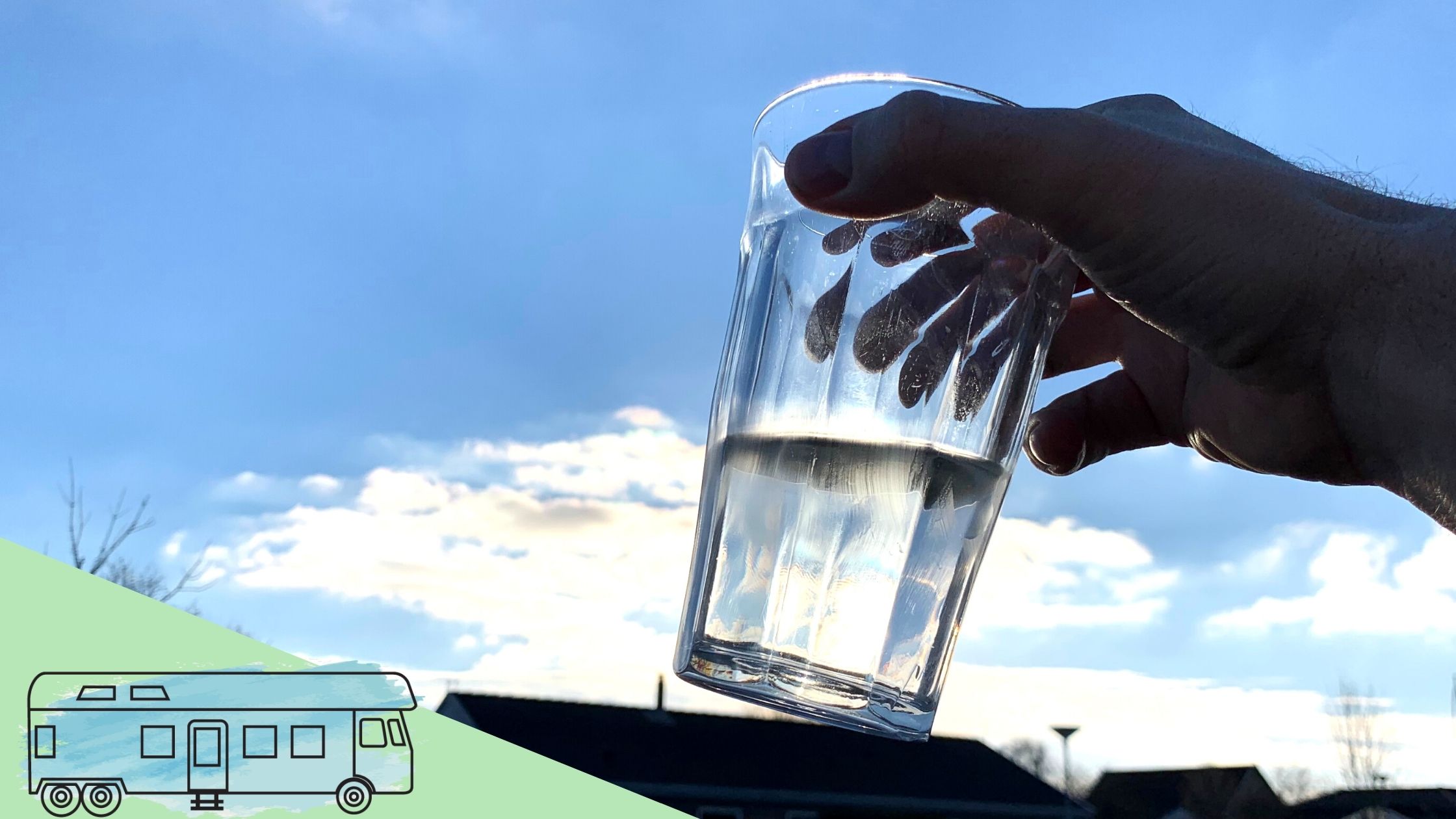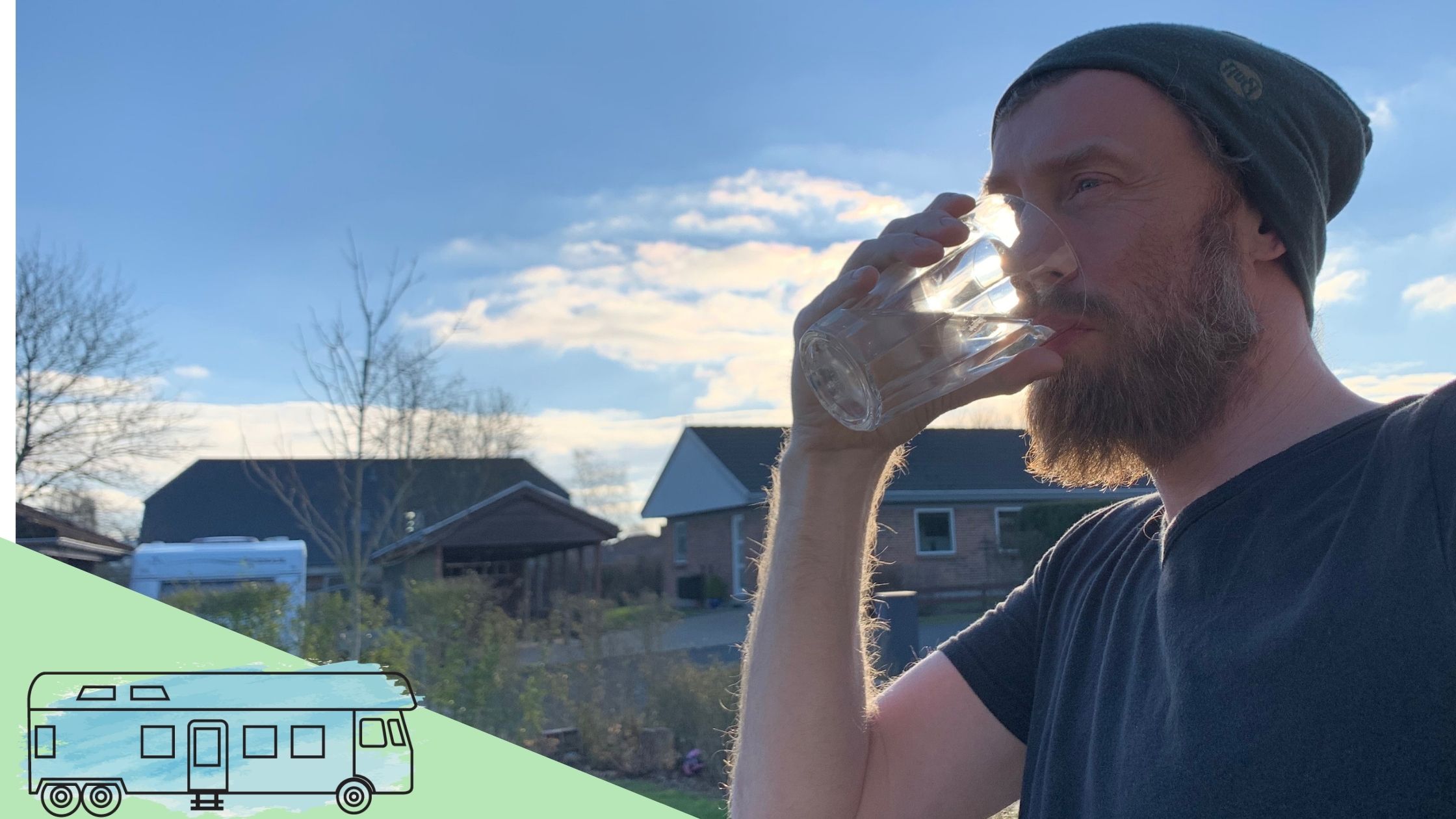It should not be a dangerous activity for Kiwis, me, or you when we take a glass of water from the tap. But sometimes we have to think about the safety of using tap water due to the presence of bacteria like E.coli etc. The information provided here will help you to know if tap water safe to drink in New Zealand or not.
Regular tap water is safe to drink in New Zealand as it has to live up to the certain standards set by the Ministry of Health. If the supplier of water cannot live up to the standards or detects a problem, they have to issue a notice to boil the water. Chlorine to purify the water is added in some areas and that might change the taste of the water. Therefor some elect to filter their water even though they don’t strictly have to for health reasons
Safety for drinking tap water in New Zealand
In New Zealand, health boards of districts and local councils are responsible for monitoring the quality of water people are drinking in their territories. About the quality of water in their respective areas, they have to submit their reports to the Health Ministry of New Zealand every year. These reports are then published so that everyone in the country can read them.
The Ministry of Health of New Zealand has produced a document of Standards of Drinking water for Kiwis. It covers all the legal requirements for the water supplying organizations serving over 500 people in their area. They must read and follow these standards to ensure the safety of drinking tap water.
To kill certain viruses, bacteria, and other creatures, in some areas chlorine is added to the drinking water for New Zealanders to make it safe for drinking. But water is not treated with chlorine in some areas of New Zealand but it does not mean that the water is not safe to drink in those areas. There can be differences in opinion about the risks and benefits of drinking untreated and treated water but the districts’ health departments and local councils have to ensure that it is safe to drink tap water in New Zealand.
Staying up to date
You can visit the website Drinking Water for NZ to know whether the water supplied in your region is safe for drinking or not. It will keep me updated in this regard. However, if the water is supplied to some homes from some other source than the water supplied by local bodies then I must know several things about storing the water as well as about treating it. I must go through the guide published by the Health Ministry of New Zealand about Household Water Supply to know more about the safety of drinking water supplied to me.
To ensure the safety of drinking tap water supplied to me, I must boil it for one minute at least, if I am not sure in this regard. The supplier of water to any household must issue a notice to boil water until the quality of water returns to safe levels if some problem is detected in the water supplied to me.
Thus I can ensure that the water I have taken from the tap is safe to drink by New Zealanders by following the information provided here. I can reduce the risk of getting sick by treating the water or boiling it for a minute to get rid of bacteria in it.
Should you filter tap water in New Zealand?
For a strong and healthy body, it is essential for everyone to drink enough water in his day-to-day life as almost 60% of the human body and nearly 75% of its brain and heart are made of water. But due to increasing amount of traces of copper, lead or chlorine and other contaminants in the water have deteriorated the quality of drinking water in New Zealand. So to ensure the safety of drinking water it has become necessary to filter tap water in New Zealand.
Though the water most gets from their tap meets the standards of drinking water in New Zealand but the increasing use of chlorine to purify has changed the taste of the water which is not liked by most Kiwis. The metallic pipes made of copper or heavy metals like lead etc. used for supplying water to households in New Zealand usually become harmful for your health after aging. In such conditions, it becomes necessary to filter tap water for drinking.
Even if the entire process of supplying water to the old taps in your home is good still it can have traces of metals, bacteria, and other contaminants as well as chemicals used for treating it. Your tap water can include oil derived pollutants and metals derived from old pipes. All these things make it essential to filter tap water before drinking it.
According to experts, water has to travel several miles through pipelines to reach taps in your home. During its transit, it comes in contact with pesticides, industrial wastes, and contaminants. Then it is treated with ammonia, chloramines, or chlorine to disinfect it which is a potential carcinogen. So it is good to drink filtered tap water in New Zealand to avoid all these contaminants and chemicals.

Should you filter water in the wild in New Zealand?
You should filter water even in wild in New Zealand because you can find microscopic viruses, bacteria and protozoa called Giardia in the hut water tanks and streams in the unexploited regions in this country. These can be spread with the larger mammals living in those areas. By drinking water purified by filtering can help in avoiding various types of waterborne hazards.
Though the water in streams in New Zealand is considered healthy still the presence of water-borne hazards, like Campylobacter, Giardia, E. coli, and Salmonella, etc., can increase the risk of illnesses. After a disaster like an earthquake or after traveling through developing areas in the urban environment the risk of illnesses increases as it picks up bacteria and viruses from its way. So while drinking stream water or hut water in wild in New Zealand you should either filter it or boil it before drinking.
You can find various types of filters and water purifiers in the market from which you can choose the most suitable one while visiting wild in New Zealand as they can help in providing you safe and healthy water to drink. They will defend you from the harmful effects of bacteria, sediments, and other organisms as well as the effects of UV rays effectively.
You can use a water filter or purifier to purify upstream water to remove contaminants from it to make it safe for drinking. You should take stream water from the spot where the flow is slow as giardia sinks slowly. You should not take water from streams as muddy water can choke your filter. After using the filter to purify stream water, you should clean it regularly to avoid the expansion of bacteria and viruses in it.
Regions in New Zealand where you should/could filter water
In New Zealand, water pollution is increasing in various regions due to various reasons including the increase in population as well use of rural land for urbanization and industrialization, etc. Urban development, invasion of pests, hydropower projects, climatic changes, and agriculture have greatly affected the quality of fresh water in this country. While the efforts of local bodies and district health departments have controlled pollution in water from the point of source still it gets polluted due to the development of pathogens, sediments, and nutrients on its way to your home.
The regions of New Zealand where you have to filter water include:
AUCKLAND: It is the region that has the most polluted waterways in New Zealand. According to the Ministry for the Environment for swimming, 62% of lakes and rivers have poor graded water and none of them have good water.
BAY OF PLENTY: In this region, you can find polluted water in Tarawera River also now as he black drain’ as Tasman Mill was permitted in 2009 to pollute this river for 25 years.
CANTERBURY: Though the dry land of Canterbury is suitable for growing crops the enormous increase in dairy farming has increased the use of irrigation for cow pastures due to low rainfall in this region. The water in Heathcote River is much polluted in this region.
SOUTHLAND: The spread of effluent at a higher rate due to the increasing number of cowsheds has increased the incidents of water pollution in this region.
TARANAKI: The draining of dairy effluent into streams has increased the pollution of water in this region of New Zealand.
WAIKATO: Water pollution is at high levels in the Waikato River due to various no-point and point sources in this region. Though the quality of soil is most productive in this area still the indicators of pH and conductivity show the failing quality of water in this region.
WEST COAST: The pollution of water gets diluted to some extent in this region due to high rainfall received by it.
In this way, there are several regions in New Zealand where you should filter water before drinking it. Though the efforts of district health departments and local councils have reduced the level of water pollution in various areas still I have to be careful while drinking tap water. I would either use filter to water purifiers in homes to purify tap water or it for a minute to remove contaminants, viruses, and bacteria from it before drinking it.

